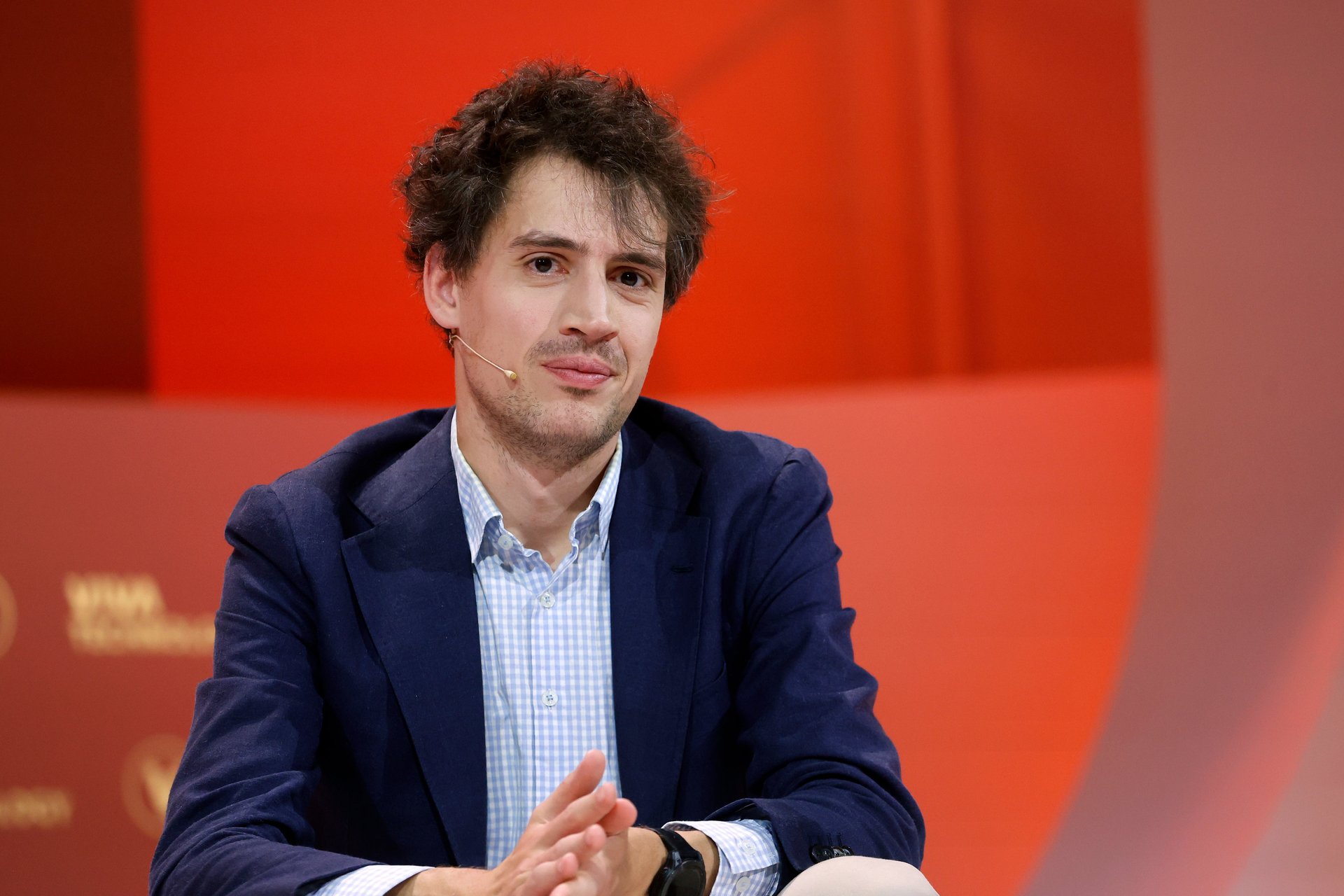OpenAI’s French rival Mistral AI is now worth $6 billion. That’s still a fraction of its top competitors
Microsoft-backed Mistral AI raised $645 million in its latest funding round

Mistral AI, OpenAI’s French rival that’s also backed by Microsoft, was reportedly seeking to more than double its valuation to $5 billion in April. In May, that goal was upped to $6 billion. Mistral achieved that goal Tuesday, announcing that it raised 600 million euros, or $645 million, in a funding round valuing the company at $6.2 billion.
Suggested Reading
That puts Mistral AI ahead of several of its peers, some of the world’s leading AI firms: Cohere, Hugging Face, Inflection, Perplexity, Tenstorrent, Together AI. But it’s still far beneath the top of the AI pyramid, where OpenAI sits, valued at $80 billion. And Anthropic is valued at more than $18 billion.
Related Content
While OpenAI is the darling of the AI craze in the U.S., Mistral AI has positioned itself as Europe’s gem. The AI chatbot maker was started in early 2023 by a former Google Deepmind researcher, Arthur Mensch, and former Meta employees, Timothée Lacroix and Guillaume Lample. But just as OpenAI has attracted antitrust scrutiny for its ongoing partnership with Microsoft in the U.S., so has Mistral AI in the European Union. E.U. officials are reportedly probing Mistral over its own multi-year, $16.3 million partnership with Microsoft, announced in February.
Mistral’s most recent funding round was led by American venture capital firm General Catalyst, along with its existing investors such as the VC firms Lightspeed and Andreessen Horowitz, according to the Financial Times.
“We want to be the most capital-efficient company in the world of AI,” Mistral’s co-founder and CEO Arthur Mensch told the Wall Street Journal in February. “That’s the reason we exist.”
Correction: An earlier version of this article misstated how much Mistral AI raised in its latest funding round. It raised $645 million, not $645 billion.
